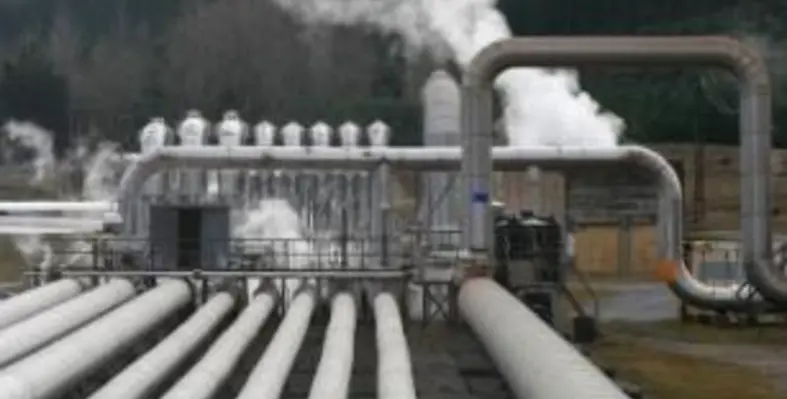The AfDB has granted US$21.7mn to develop Tanzania’s Ngozi geothermal steam field to transform national economy by achieving a sustainable growth for the country’s energy sector
Tanzania received the fund through the bank’s Climate Investment Funds’ (CIF) Scaling-up Renewable Energy Programme (SREP). Under the programme, the country will receive a US$5mn loan and US$16.73mn grant from the AfDB to mitigate the high-risk nature of geothermal prospection and field development.
Tanzania has achieved significant economic and social progress for the past 20 years to be classified as one of the leading economic performers in the sub-Saharan African region. According to the AfDB, the country has showed crucial progress in transforming its energy sector through a diversified usage of technologies in its renewable resources.
The bank further noted that the geothermal energy is a promising technology for the country’s energy sector, noting that Tanzania has around 15 geothermal sites with an estimated production capacity of 650MW.
“Today, we are assisting in the first step in the transformation of Tanzania’s energy sector, a transformation that is being built on a sustainable energy source,” said Leandro Azevedo, senior climate finance officer and CIF coordinator of AfDB.
He further added, “Developing geothermal capacity in Tanzania is an essential part of that transformation and we hope that this project’s success will lead downstream to the installation of a 100MW power plant and help create the conditions for the development of other geothermal sites in the country.”
The Ngozi geothermal steam field project involves exploratory test drilling and installing the required steam gathering infrastructure at the project site. The targeted 100MW generation aims to add to the country’s energy mix to increase 823 GWh per year to the grid.
After completion, the project is expected to improve power supply and increase energy security which will be beneficial for the local households and businesses, thereby reducing Tanzania’s dependence on Uganda, Zambia and Kenya for electricity import.














